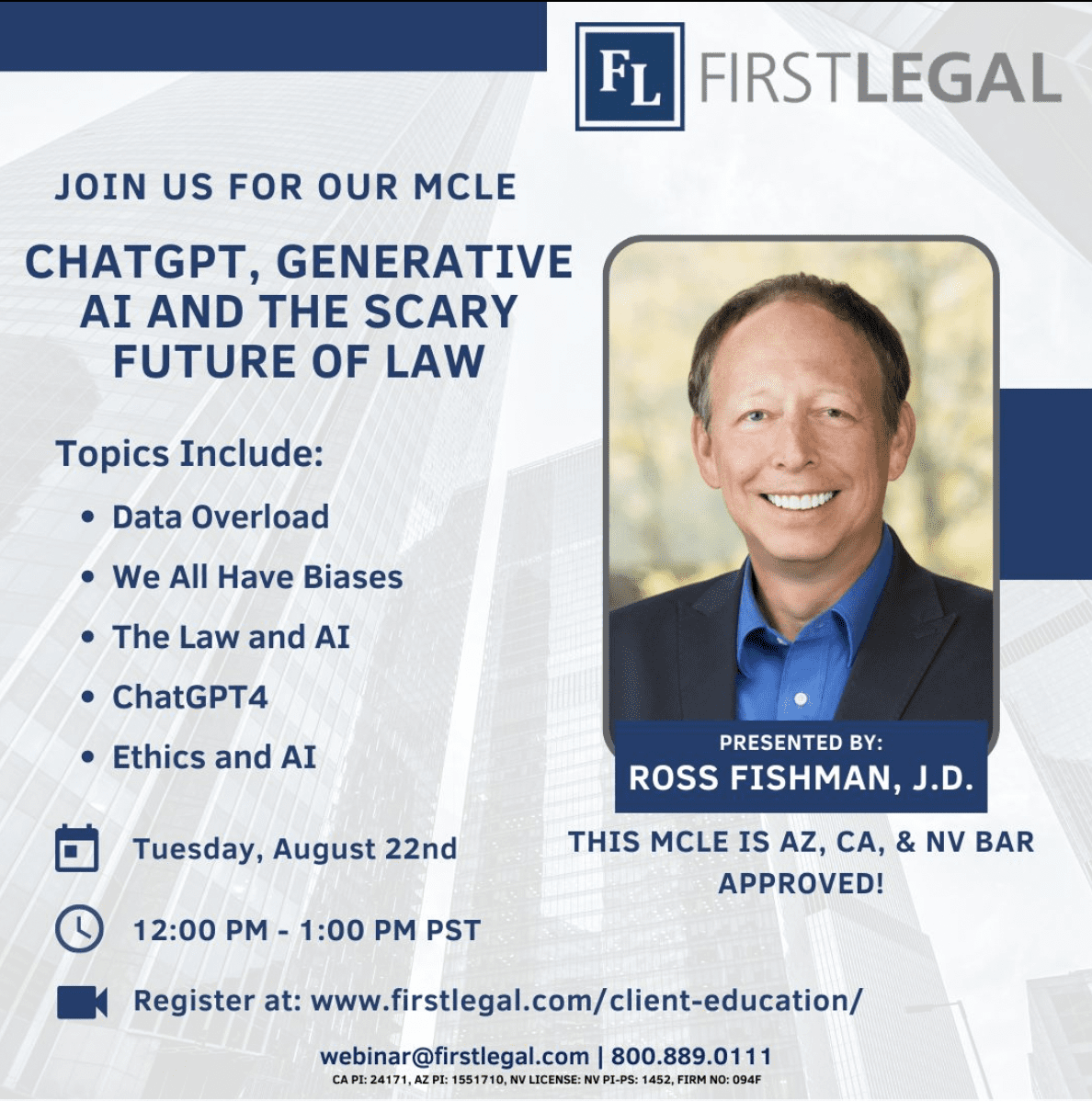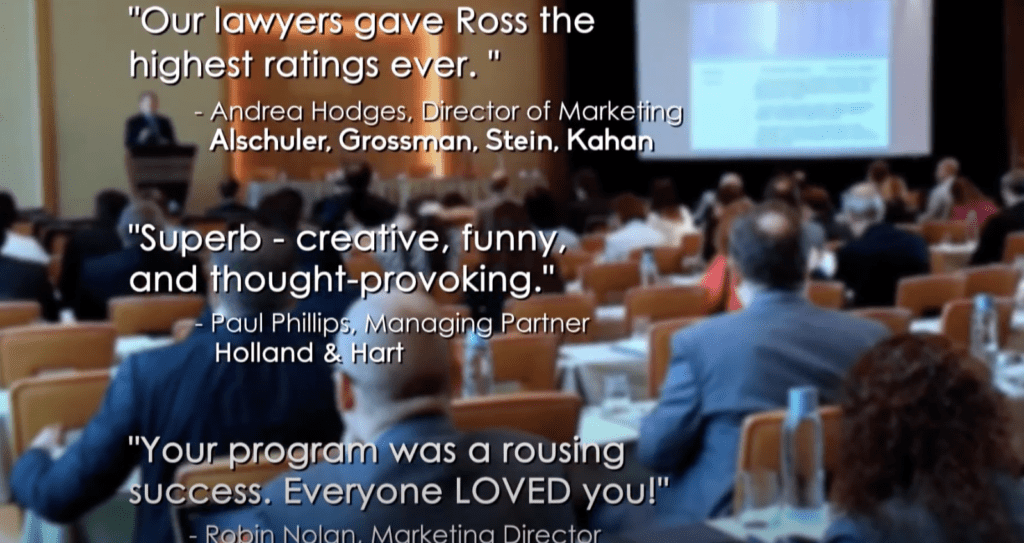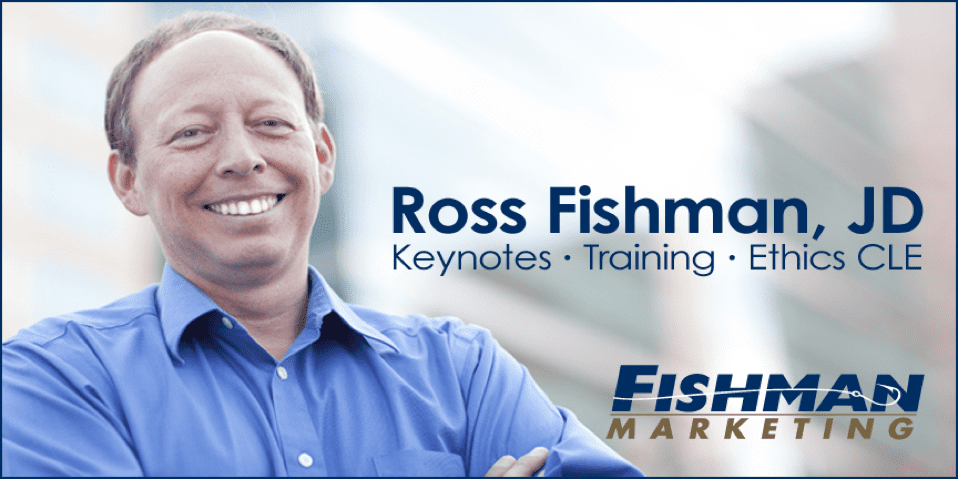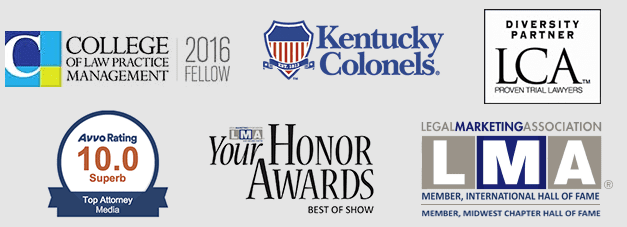ChatGPT4 and Generative AI are today’s hottest firm retreat topics.
I’ve been presenting on generative artificial intelligence (AI) for almost a decade now, predicting its powerful effect on the legal, accounting, and medical professions. But ChatGPT4 has become a total game-changer. It took our previous understanding of big data and machine learning and turned it on its head. Even the leading AI experts were shocked by how quickly ChatGPT advanced the state of the art.
ChatGPT4 will be more disruptive than the PC!
I think ChatGPT4 will prove to be more disruptive to law, business, and the professions than the introduction of the personal computer and the Internet. And a year ago, I couldn’t imagine that anything possibly could be. It’s simply miraculous.
I’ve been presenting a LOT of ChatGPT programs at law firm retreats lately.
Imagine you’re a lawyer at a firm retreat, and I did THIS:
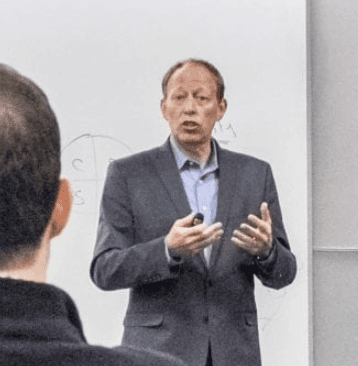 Waiting in the lobby for my turn to present, I conducted a simple Google search and found and downloaded a random PDF of a Complaint from a lawsuit pending in Alaska state court. It was a complex business dispute with many different counts and 50 numbered paragraphs of information and allegations.
Waiting in the lobby for my turn to present, I conducted a simple Google search and found and downloaded a random PDF of a Complaint from a lawsuit pending in Alaska state court. It was a complex business dispute with many different counts and 50 numbered paragraphs of information and allegations.
When I got up to speak, live on screen, in front of the lawyers, with a few keystrokes I copied the entire Complaint, and pasted it into ChatGPT. Then, with a deft Prompt, while they watched. . .
I drafted a credible Motion to Dismiss… in 20 seconds.
It detailed NINE separate defenses and provided detailed citations to (presumably) relevant state court cases for every point and proposition, including references to the local rules.
The Motion looked beautiful.
It sounded exactly like a skilled litigator drafted it; I’d challenge you to tell the difference with a quick reading. The lawyers would have spent perhaps a week or more drafting an equally thorough motion. And. . .
They’d have charged tens of thousands of dollars for it.
The motion probably wasn’t perfect, but it was unquestionably darn good, certainly better than a first draft. It looked like it might need some tweaking around the margins, but certainly not an overhaul.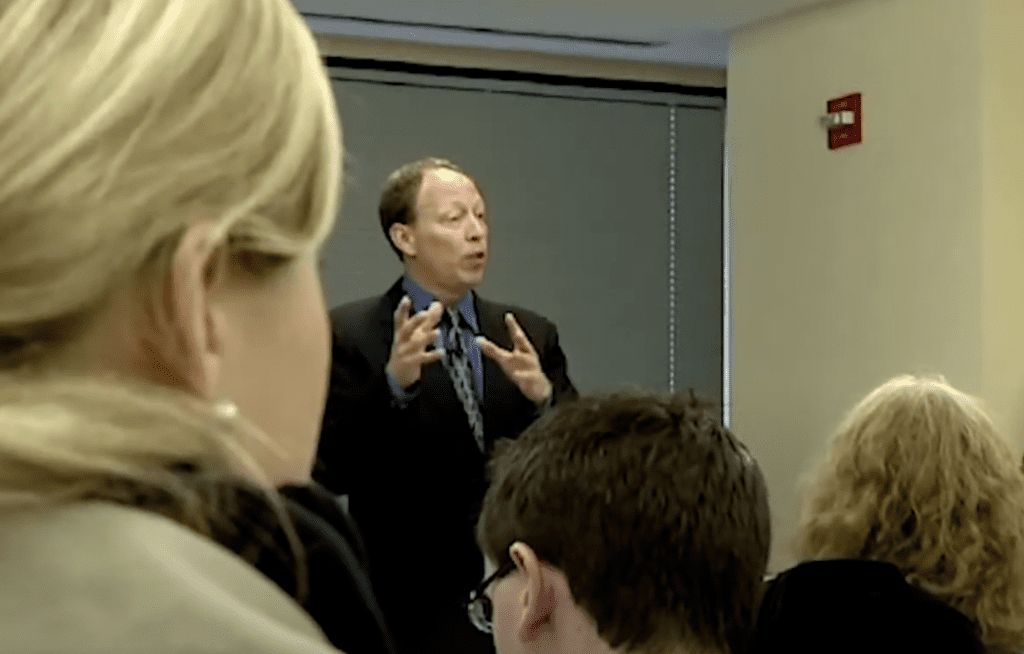
It cited (seemingly) relevant state law cases for each proposition using standard Blue Book structure. It was even formatted correctly and attractively, including the case caption and signature line. It looked ready to file with a court.
The lawyers’ jaws dropped.
It led to a fascinating debate. I asked how many defenses they’d have come up with themselves. Nine, like ChatGPT, or even more?
Or <gasp> fewer?
That is, they had to consider: Was ChatGPT more creative than they were?
Next, we discussed how they’d bill a client for ChatGPT’s motion.
Can firms still justify spending five days writing a detailed motion if ChatGPT could create a credible first draft in just a few minutes? It might only take a moderately skilled associate a single day to validate the existence and accuracy of the cases and propositions cited, plus a bit of minor tweaking to finish it.
What happens to those four days of lost billable hours?
Should the firm start offering flat fees for certain documents? Would they need to tell the client that they used AI to draft it in a fraction of the time? (Obviously, the firm can’t bill the client for 40 hours of work if they only spent 10 hours drafting it using AI. That’d probably be felonious mail fraud, a serious RICO violation, and a quick disbarment.)
 Do they have an obligation to start using it?
Do they have an obligation to start using it?
If not now, then when? If you had a firmwide policy prohibiting your associates from using ChatGPT, don’t you suspect that some of them probably still might? (Of course they will! They just won’t tell you…) And how many of those would prop up their hours by claiming they worked the full 40 hours? The pressure to keep up your billables can be pretty intense.
On the other side, how soon will insurance companies start insisting that firms use ChatGPT for the first draft? We predicted how the conversations would go with their insurance company clients. Insurers love slashing legal fees, and they’re starting to develop their own proprietary AI systems using OpenAI’s platform. It’s only a matter of time before they order their law firms to use them, that seems obvious.
If you’re interested, the entire presentation should qualify for Ethics CLE credit. It includes additional topics like:
- Data Overload
- Biases in Ourselves and Our Systems
- The Law and AI
- Using AI to Draft Legal Documents
- Using ChatGPT to Create Marketing Materials
- Billing Changes and Challenges
- ChatGPT4 Tips and Tricks
- Drafting an Effective Prompt
- Ethics Issues
- Predictions for the Future
Things are changing fast; we all need to work to stay current. Please let me know if you’d like a presentation on “ChatGPT, Generative Artificial Intelligence, and The Future of Law” for your own firm! Watch my speaker demo video here. Interested in booking Ross Fishman for a retreat, marketing training, or Ethics CLE program? See rossfishman.com.
Contact Ross directly at ross@fishmanmarketing.com, or 1.847.921.7677!

